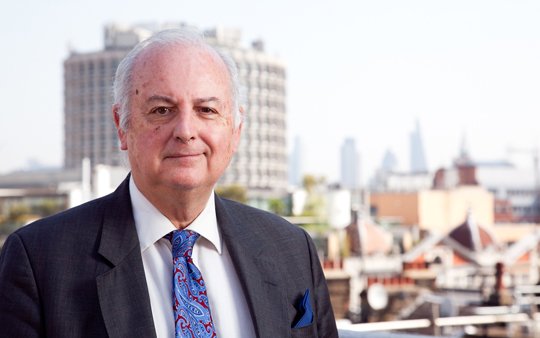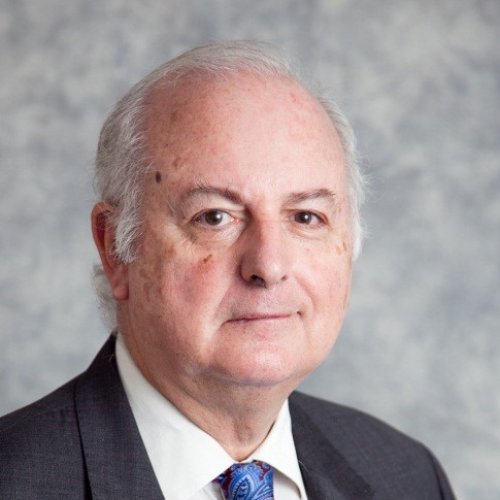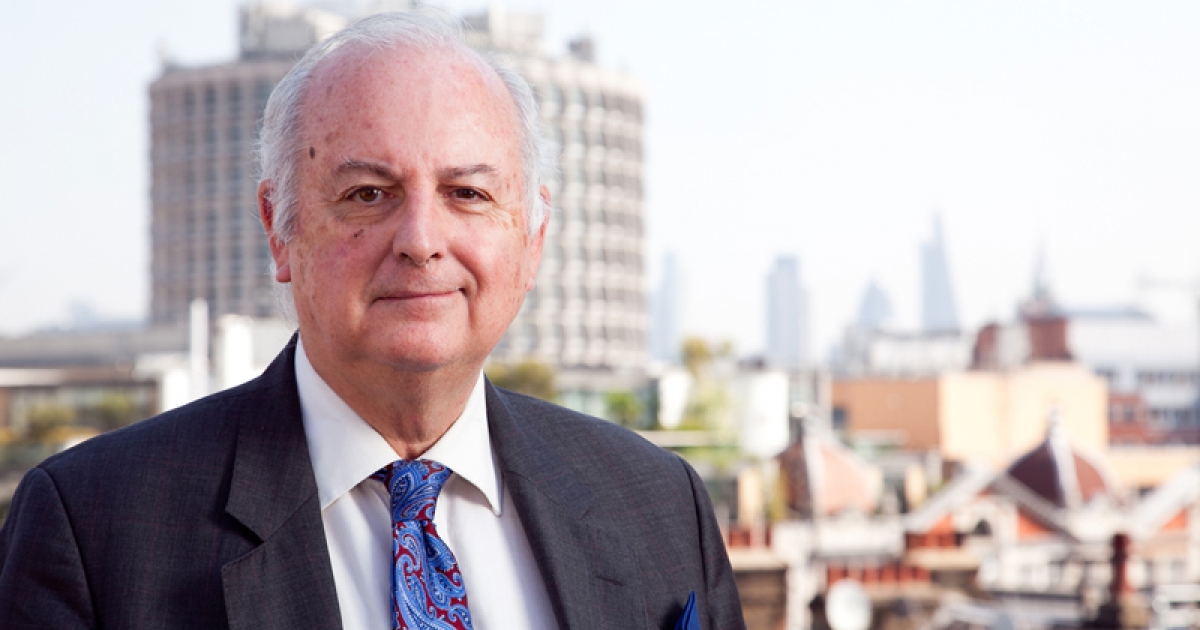“Profiting, yes. But with a Purpose”
Teaching ‘Corporate Diplomacy’ part of the year in Singapore and consulting with business and government in London and elsewhere the remainder, I have the best of both worlds-a mix of practice and academic rigour on the one hand and a political, economic and cultural perspective of the world from both ends-The West and Asia. But there is one common denominator in a networked, less hierarchical world, with power more diffuse, distributed among a much wider eco-system of stakeholders, namely increasing pressure on international corporations not simply to extol values and purpose, but to actually ‘walk the talk’.
Shell espouses ‘ PEOPLE, PROFIT AND PLANET’ and Pepsi Cola’s mantra is ‘Profit with a Purpose’. Indeed the company’s chief Indra Nooyi gradually moved her company towards healthier products, both good for society and the bottom-line. Unilever has always tried to get the balance right with its CEO Paul Polman arguing that the culture should be about 'what we put in rather than what we take out’. Harvard Business School’s Michael Porter has said (2015) that companies have exacerbated environmental problems and caused conflict, particularly in the emerging world, yet are key to fixing these problems as part of governance and sustainability programmes, both requiring leadership accountability, a theme of GTF. Witold Henisz of Wharton has just written a book called Corporate Diplomacy (2017) that teaches diplomatic skills needed to create value for all stakeholders in a multi-disciplinary manner-which I have summarized as navigation, negotiation, networking and narrative competences (Doctoral thesis Henley B-School, 2012).
As environmental, social and governance issues have become ever more important influences of customer and employee expectations, some organisations have tightened their embrace of the sustainability programmes that address those issues if properly operationalized, according to McKinsey and Co. (2017). A number of global voluntary efforts have of course been underway since the early 2000s to develop standards and guidelines for measuring and reporting on corporate social and environmental performance. These range from multi-sectoral alliances such as the Global Reporting Initiative to sectoral efforts such as the Extractive Industry Transparency Initiative focusing on payments to governments by the oil and mining industry. The UN Global Compact comprises many corporations and business networks working alongside UN agencies, trade unions and NGOs to advance responsible corporate citizenship employing collaborative solutions at the levels of business operations, community investment and advocacy. In this Asian companies have been among the pioneers in China, India, S. Korea, Thailand, Philippines and Australia, among others. In 2015 Nestle commissioned an audit of its own Thai seafood supply chain outsourced to an NGO, Verite, using blockchain technology in an attempt to prevent forced labour and slavery.
"The deep social and political crisis continues to seek the collaboration of governments, business and civil society."
Indeed a McKinsey Global Survey (Dec 2017) reported that companies are beginning to formalize the way they govern sustainability programmes, as well as elevating the importance of diversity and inclusion, so as to better align its practices with its mission and values, often using latest technologies! McKinsey has long argued that CEOs should think longer-term and apply integrated external engagement (IEE), indeed research shows that improving performance in these dimensions helps companies outperform their peers.
Just as companies and employees increasingly expect it (authentic brands and whistle-blowers respectively), so too are some investors pressurizing companies to add economic and social value (shared value) via leadership along with their whole supply chain. Even the arch-capitalist wealth fund Blackrock recently wrote to each of its investing companies to both produce financial performance and contribute to society.
Even though as a general rule companies are still more trusted than governments in many countries and certainly the media and its platforms these days (Edelman Trust Barometer, 2018), which should be sufficient impetus for CEOs to show more leadership, underlying inequalities and the whirlwind forces of technological change globally means that a deep social and political crisis continues to seek the collaboration of governments, business and civil society. At the recent Davos annual meeting (Jan 2018) WEF’s chairman Klaus Schwab talked of a new social contract that provides ‘qualitative easing’ for societies struggling with the realities of a disruptive world. Under its auspices, a Business and Sustainable Development Commission is a group of 37 business leaders who act as changemakers and activists to quantify the business benefits of for instance alleviating poverty and reducing the impacts of climate change-from Merck to Unilever, Safaricom to Alibaba. However while most companies support the SDGs, but it is recognized that only a few do something about these and other pressing issues.

Schwab said that societies around the world are struggling to define how government, business and citizens should respond to these global forces. So as national governments sometimes have neither the political will nor sufficient funds, business must work with government and civil society organisations to reshape their operating environments, balance local community and employment contributions with global business imperatives, such as the gender gap. In most cases business leaders are at fault for failing to properly communicate the longer term benefits of good intentions, failing to move from charity to social impact investing. In countries of ASEAN and India this is part of the social contract.
Business must take the lead and is accountable to an ever-widening group of stakeholders, but it cannot act alone. It does need to collaborate with government and civil society to get things done in global, notably emerging markets. Even former family-run companies and SOEs in Asia, which are increasingly moving into emerging markets are learning that this should form part of their role and are learning from their American and European multi-national competitors.
This will require on the part of CEOs and their top teams at corporate HQ and on the ground a culture of life-long learning, a multi-dimensional and tri-sectoral mindset with its implications for new structures, systems and skills inside and outside companies, under the umbrella of corporate diplomacy, (embracing elements of international relations, public diplomacy, PR and public affairs, strategy, governance and not least leadership).

Dr. Roger Hayes
Senior Counsellor, APCO Worldwide
Dr. Roger Hayes (FCIPR, Member Emeritus IPRA) is a leading international public relations and public affairs professional with 30 years experience in trade associations, corporations and consultancies and has also advised governments.
He has been Director‐General of the British Nuclear Industry Forum, a lobbying and trade body, CEO of the International Institute of Communications,a research-based think-tank, SVP of PR and Government Relations at Ford of Europe, Director Corporate Communications Thorn‐EMI plc., Head of Corporate Communications PA Consulting Group and a Director of the strategic communications firm Burson‐Marsteller, operating from London and New York. He began his career as a Reuters correspondent in Paris. He was also co‐founder and Non-Executive Chairman of Echo Research, an international stakeholder insight firm.
For the past eight years, he has been a Senior Counsellor with strategic communications and public affairs consultancy APCO Worldwide, based in London, although he recently returned from a more than one-year assignment as interim MD of the firm’s Indian operation based in Delhi, acting for private and public, Indian and international organisations. Roger is currently an adviser to the UK-India Business Council. He has also spent considerable periods of time as senior adviser to the African operation based in Johannesburg. He was for some years an adviser to the President and Government of Ghana.He is an experienced trainer, running workshops in SE Asia, Africa, India and the Middle East. He is also an approved EU institutions trainer.
During this time Roger Hayes completed his Doctorate in Public Relations and Public Diplomacy in a Globalised World at Henley Business School (2012), conducting research in eight countries. A graduate of London University (BSc Economics) and the University of Southern California (MA International Relations), he often writes and lectures on leadership communications and public diplomacy issues around the world. He is part-time faculty at Henley Business School and Greenwich University. He is the author of the management bestseller Systematic Networking and is currently writing a book on business-government-civil society collaboration.
Published: 10/05/2018


